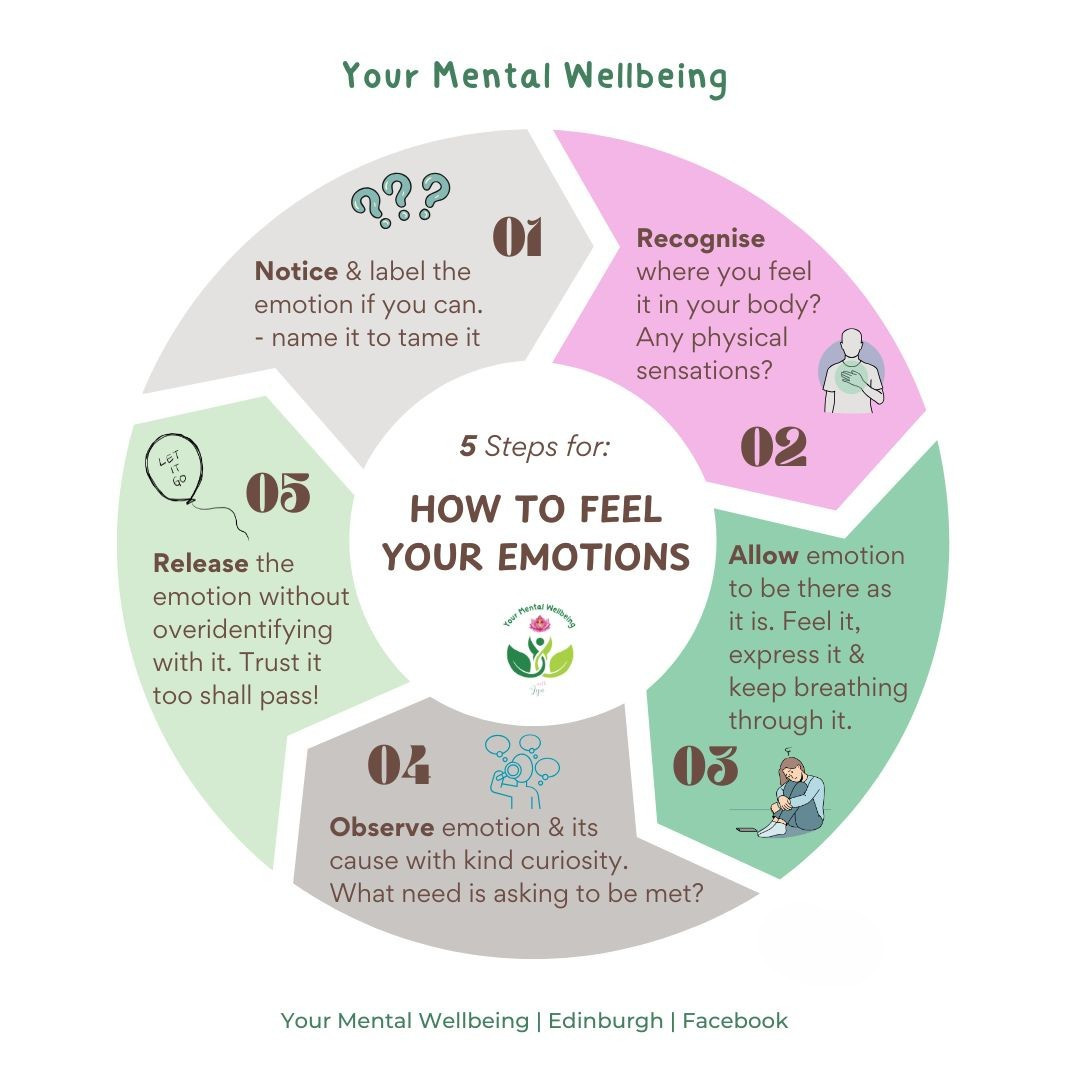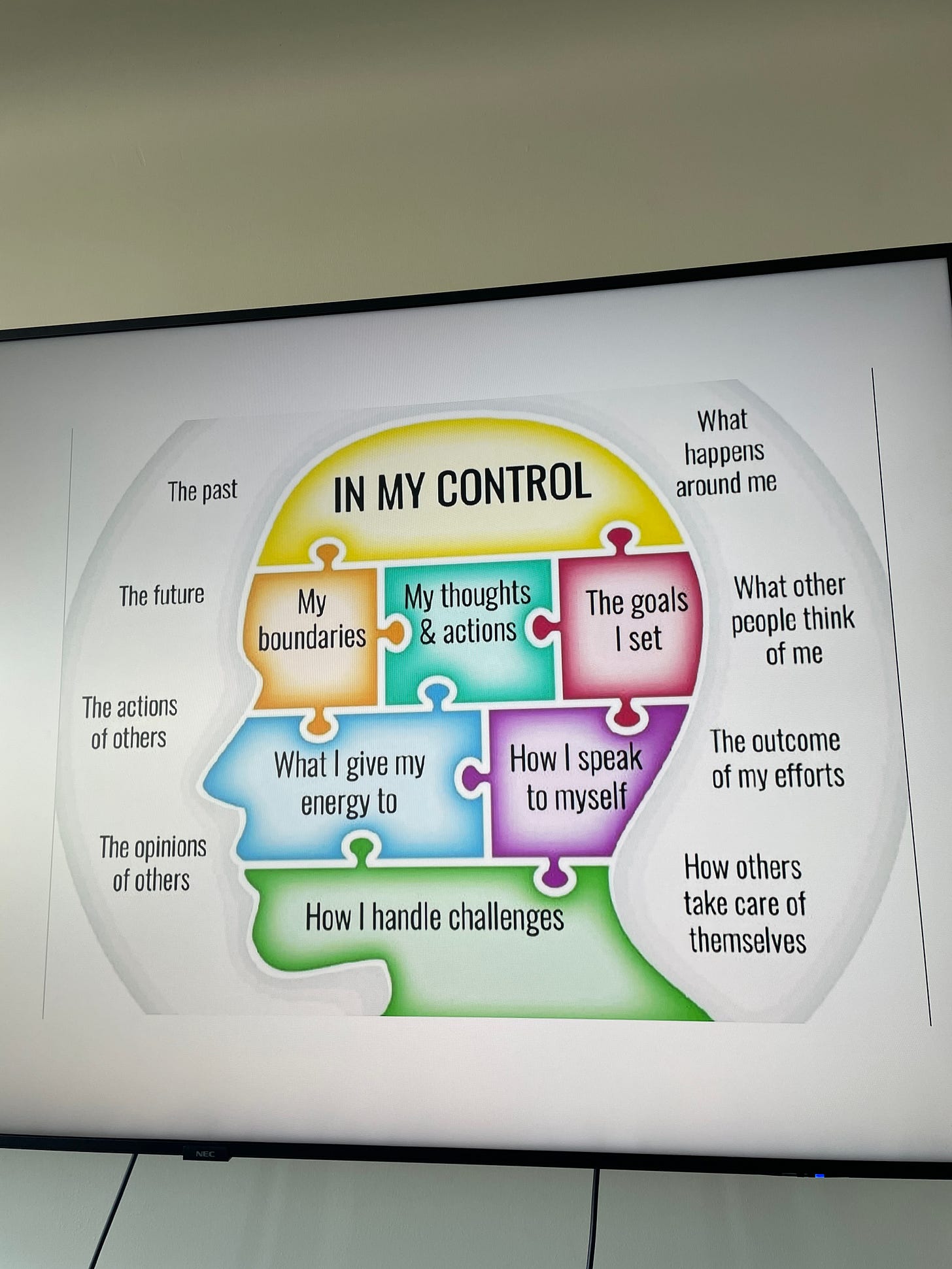Rainstorm
There is something to be learned from a rainstorm. When meeting with a sudden shower, you try not to get wet and run quickly along the road. By doing such things as passing under the eaves of houses, you still get wet. When you are resolved from the beginning, you will not be perplexed, though you will still get the same soaking. This understanding extends to all things.
©️Hagakure
I’ve been working on a new solo album for the past year or so, almost exclusively with my close friend Saleem aka Soul Signals Production. We’ve decided after making over 20 tracks together, we should surely release the music to the world. Rainstorm is the first song to share,
The quote from Hagakure speaks to the inevitability of suffering and the futility of resistance when faced with forces beyond our control. The image of a rainstorm becomes a metaphor for life's unavoidable difficulties. When we accept that we will all get wet at some point, the experience no longer feels like an attack or mistake it simply is. This perspective aligns with the samurai philosophy of presence and acceptance facing reality as it is, not as we wish it to be. By surrendering to the present moment, even discomfort loses its edge. This principle is not passive resignation, but rather active clarity choosing resolve over panic, and purpose over illusion.
Rainstorm takes this same imagery and infuses it with life and lyrical self-awareness, recognising the reality of struggle ("it’s not all gravy, there be bangers and mash") while rejecting false bravado ("only when it rain do you pull out your Mac?"). Especially in todays world, there is a lot of performative toughness and inauthenticity, this echoes the Hagakure’s call to inner steadiness rather than outward posturing. The repeated refrain “Me no inna long chat” or “Me nah talk too much” mirrors the samurai's minimalist ethos, less noise, more essence. There’s a clear understanding that clarity, integrity, and consistency “experience based upon fact” stand above showmanship. The final line “ripple of the change, that starts with a pebble” reflects a Zen-like trust in subtle presence over forceful action.
This philosophical throughline is embodied in Ghost Dog: The Way of the Samurai, where the main character lives by the Hagakure while navigating the modern world as a hitman. Ghost Dog’s quiet demeanor, disciplined routine, and deep loyalty reflect the samurai code in contemporary form. He moves through chaos with acceptance, never resisting his fate, only acting in harmony with his role and timing. Living life on the edge but guided by principle, not pride. The film, like the song and the Hagakure, reminds us that being fully present, accepting the rain rather than running from it is the only way to truly see the day. Whether in a downpour, a street hustle, or a moment of betrayal, the path remains the same: clarity, calm, and the courage to walk through it untouched in spirit, if not in skin.
The process of making (and especially releasing) music is full of choices and decisions. As an emcee, writer and producer, I’ve really enjoyed returning to this part of myself. I’m looking forward to releasing more material throughout the year.
Parts Of Self
We have many parts of self. Both within my work and personal life, I have been exploring the concept and how it relates to my processes and wellbeing. I have a tendency of going ‘all-in’ with an interest or passion – this has provided me with a sense of purpose and direction, but at times it can also be stressful or suffocating.
Through this exploration, I’ve come to see how different parts of me show up in different situations, like as emcee stepping forward on a stage. There’s the ‘driven, achieving me’ who thrives on goals and structure, and then there’s the ‘tired, small me’ who just wants to retreat and not be seen. In person-centred theory, these are sometimes described as configurations of self, distinct inner personalities, each with their own worldview, needs, and voice. We all have them. Some parts feel strong and resourceful, while others carry pain, shame, or fear, what person-centred practitioners like Tolan refer to as not-for-growth configurations. These are the inner critics, the wounded children, the anxious avoiders, the parts that hold us back or drag us down like emotional ball and chains.
What I’ve learned is that these parts aren’t problems to be fixed, they’re stories to be heard. In a safe, non-judgmental space, whether in therapy or quiet reflection, we can begin to understand where they come from, what they’re protecting us from, and how they’ve shaped our lives. As a person-centred counsellor, my role isn’t to dissect or analyse these configurations, but to offer empathy, presence, and acceptance as others meet the parts of themselves they may have hidden away. And in doing so, we begin to loosen their grip, not by fighting them, but by listening, feeling, and gently setting ourselves free.
My colleague Lyn Halley produced an excellent resource on how to feel your emotions. During our in-house ‘Part’s of Self’ training, we explored this and what is in my control.
5 Steps for: How To Feel Your Emotions
The saying “youth is wasted on the young” used to sound like one of those tired clichés adults throw around when they’re feeling nostalgic or regretful. But as I’ve grown older—and hopefully a little wiser—I can see there are some truths behind it. When we’re young, there’s often a sense of invincibility, a drive to push forward without looking back. We live fast, feel deeply, and rarely pause to think about how fleeting that stage of life really is. It’s not that we don’t care—it’s more that we don’t yet have the self who knows how precious and finite those moments are.
Looking back now, I can see how different parts of me were in the driver’s seat at different stages. The bold, risk-taking me who didn’t want to plan too far ahead. The self-conscious one who worried more about being liked than being authentic. The part who craved freedom, but had no idea what to do with it. None of them were wrong—they were just doing their best with the tools they had at the time. It’s only with age, and the development of more reflective parts of self, that I can look back with a kind of compassionate clarity. The person I am today wants to gather all those versions of me in a room and tell them it’s okay—they were never meant to have it all figured out. That’s the irony, isn’t it? We often gain the perspective we needed only after we’ve already moved past the point when we could have used it.
Let It Unfold
Too often we are crippled by our own fear or failure, embarrassment or disappointment. I’ve been working on my own internal voice with a few statements or affirmations,
“If Not Now, When” what are you waiting for, when will it be the ‘right’ time?
“You’ve Got This” Believe in your ability, preparation plus opportunity equals success.
“Nobody Cares” Don’t take things so seriously, this too will pass, what’s really important.
“Have Fun” Enjoy it, stay present in the moment.
Jennifer Coolidge’s commencement speech for Emerson College’s Class of 2025, is a perfect mix of honesty, hilarity and inspiration. She told the grads to “just friggin’ go for it” and shared her wild childhood dream she had of becoming the Queen of Monaco just because she saw Grace Kelly in a magazine. Her point? Set insanely big goals, even if they seem out there. She also opened up about her own setbacks, like getting rejected by SNL, but stressed how important it is to believe in yourself anyway. I loved her reminder that everyone’s path is different and unpredictable and that’s totally okay.
I was speaking with my daughter before our weekly BJJ session, and she asked me whether I got nervous before training. Now for the most part, because I’ve been training so long at the club I don’t get particularly nervous anymore, however, there are times such as if i’m tired or know it’s going to be a tough session (e.g. comp class), nervous energy can appears, and the mind starts looking for a way out or an excuse not to train. I explored this with my daughter, acknowledging that feelings are ok and normal. As are the feelings of joy, happiness, satisfaction and buzz (what we call the ‘Oss Juice’ ) afterwards. Additionally we discussed the balance of sacrifice vs reward, deciding on what you really want, and believing in yourself.
UFC fighter Yoel Romero delivered a passionate message with unwavering conviction that has since become iconic.
A VIIBreaths Vision
Reflecting on all of this, the rainstorm, the samurai code, the music, the parts of self, the training and conversations, it feels like life keeps circling back to the same few truths. Struggle is inevitable. Resistance is natural. But clarity and presence are where we find peace. Whether it’s in the drenched streets of Hagakure, the stoic silence of Ghost Dog, or the raw honesty of a lyric, there’s a steady invitation to stop flinching at life’s downpours and just walk through them. It’s about letting go of the performance, the panic, and instead choosing groundedness and intention. Even when the storm hits, there’s still rhythm, meaning, and maybe even music to be made.
And maybe that’s what Yoel Romero was channeling when he said, “Go. Go.” That surge of belief, unpolished, but powerful, is the same thread that runs through making an album, training for a comp, having a hard conversation, or releasing something personal into the world. The fear doesn’t always disappear, but it becomes part of the process. Nervousness, ambition, doubt, joy, they’re all valid parts of self, each with something to say. But they don’t have to steer the ship. The aim isn’t perfection or avoidance of discomfort, it’s presence, choice, and movement with purpose. As Coolidge put it, “just friggin’ go for it”, because waiting for the rain to stop isn’t living. Let it soak you. Let it shape you. And still, go.








A white belt was asking me about how to deal with nerves. I told him that I know a purple belt who makes sure he uses the toilet before every session because he is still scared of becoming an accidental brown belt while he is rolling.
This was fantastic reading Nike. This really captured many of life's challenges and offers great tools for the reader to employ.
The personal anecdotes, references and insights really helped to make this relatable.
Thank you 🙏🏾